The oil filter is a vital component of a vehicle’s lubrication system, designed to remove contaminants from the engine oil to keep it clean and maintain optimal engine performance. Here’s a brief description:
Function: The oil filter traps contaminants such as dirt, metal particles, and sludge from the engine oil as it circulates through the engine. This prevents these contaminants from circulating and causing damage to engine components.
Construction: Oil filters are typically cylindrical in shape and consist of a metal housing containing a filter media element. The filter media can be made of cellulose, synthetic fibers, or a combination of both, designed to effectively capture and retain contaminants.
Filtration Efficiency: Oil filters are rated based on their filtration efficiency, which indicates their ability to remove particles of various sizes from the oil. Higher efficiency filters can capture smaller particles, providing better engine protection.
Replacement Interval: Regular oil filter replacement is essential to ensure proper engine lubrication and performance. The replacement interval usually aligns with oil change intervals, typically every 5,000 to 10,000 miles (8,000 to 16,000 kilometers) depending on driving conditions and manufacturer recommendations.
Easy Installation: Oil filters are designed to be easy to install, typically located on the engine block or in a remote location with easy access. They can be replaced quickly during routine oil changes using a wrench or filter removal tool.
Maintenance: Oil filters should be inspected for signs of damage or clogging during every oil change. Any damaged or clogged filters should be replaced immediately to prevent engine damage.
Overall, the oil filter plays a crucial role in maintaining engine health and longevity by removing contaminants from the engine oil, making it an essential component of regular vehicle maintenance.


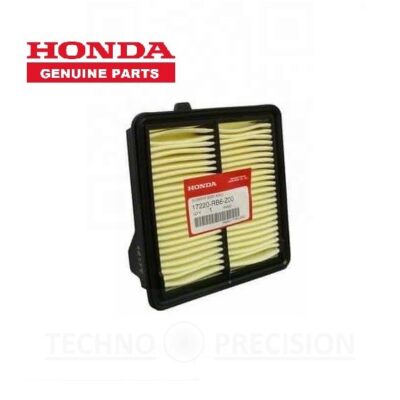
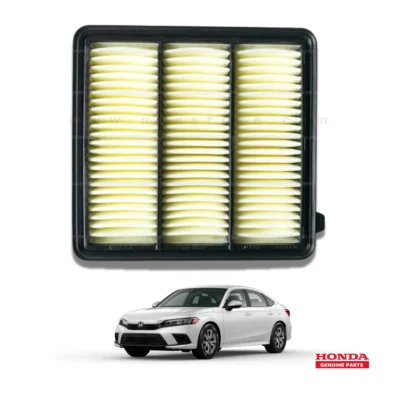

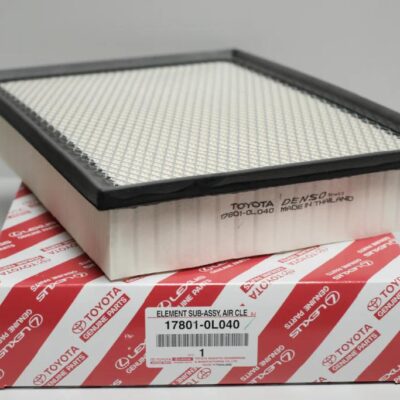
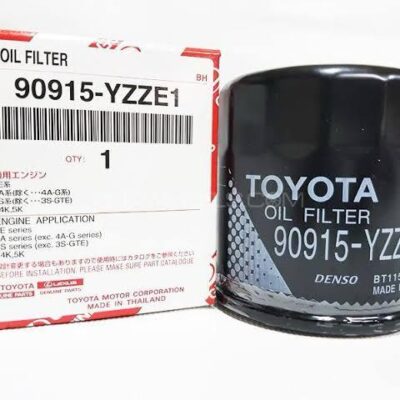
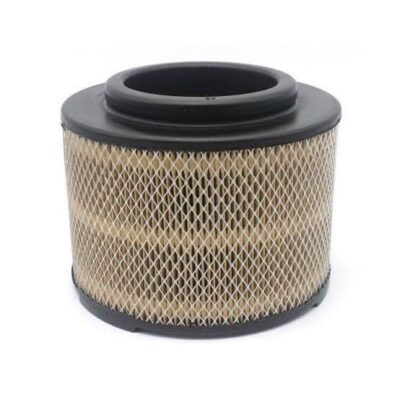
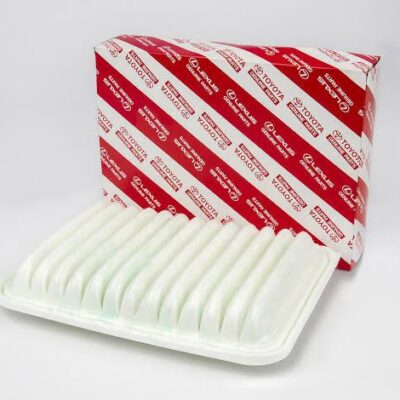
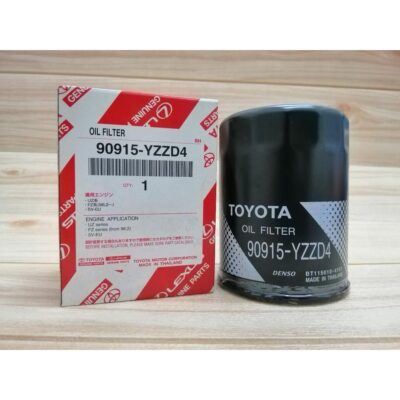
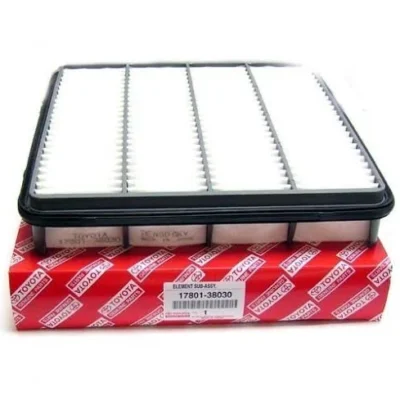
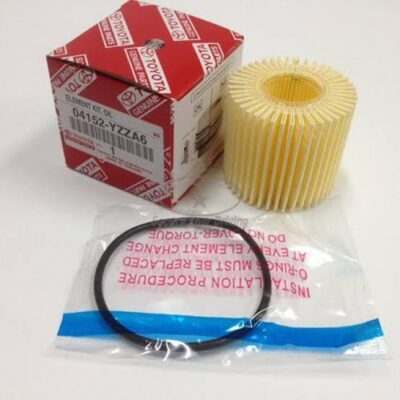
Reviews
There are no reviews yet.